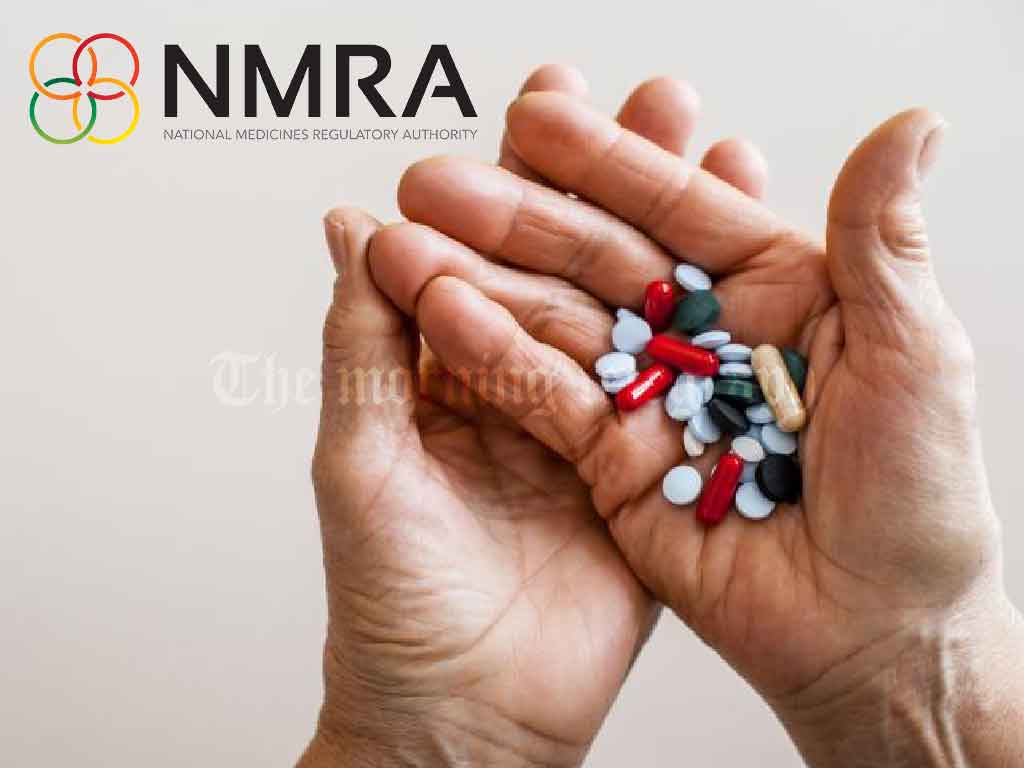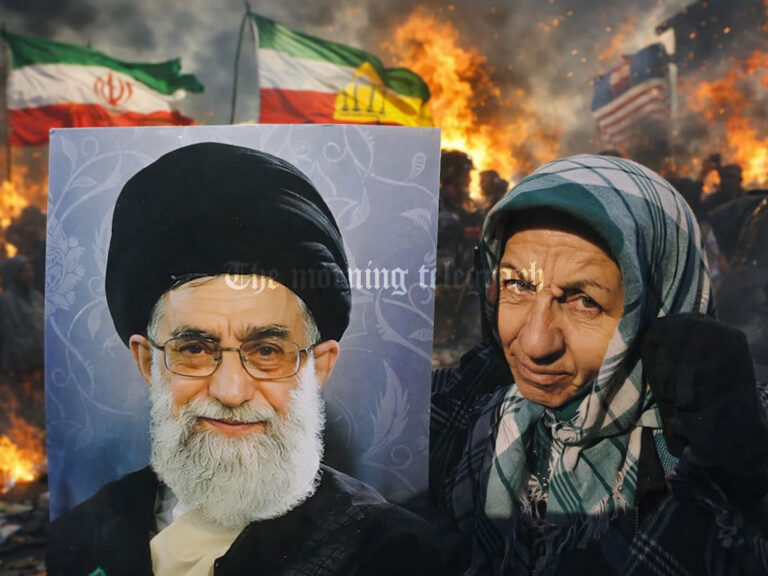
Efforts to regulate the prices of essential medicines in Sri Lanka have been temporarily halted due to legal injunctions, with the National Medicines Regulatory Authority (NMRA) now consulting with the Attorney General to resolve the situation.
The NMRA had previously introduced price caps on essential drugs to make them more affordable, but this move has sparked legal action from drug importers and manufacturers. These stakeholders filed petitions, leading to the court issuing an injunction to block the NMRA’s proposed price measures. As a result, the NMRA is currently unable to enforce the price caps, although they are exploring legal avenues to resolve the issue.
Dr. Ananda Wijewickrama, Chairman of the NMRA, explained that the core issue raised by the petitioners is the lack of a proper gazette order to fix the drug prices. Although the NMRA did publish a gazette notice after conducting stakeholder consultations, petitioners argue that the consultations were insufficient and did not include direct involvement from the Minister of Health.
While the court proceedings are ongoing, the NMRA clarified that it can still regulate the prices of newly approved drugs. However, the impact of the injunction is already being felt in the healthcare system. The Association of Government Medical Officers has raised alarm over the consequences of the stalled price control measures, warning of a significant shortage of essential medicines in government hospitals.
Dr. Chamil Wijesinghe, spokesperson for the Government Medical Officers’ Association (GMOA), highlighted that patients are being forced to purchase medicines at much higher prices from the private sector due to the current lack of affordable options. He called for immediate government intervention to establish a comprehensive pricing mechanism that would make commonly used drugs more affordable to the public.
Dr. Wijesinghe also criticized the pricing committee, which oversees only a small portion of the more than 1,000 drugs available on the market. He stressed that the ongoing economic challenges in the country make it even more critical to reduce the prices of essential medications.
“We hope that the Ministry of Health, NMRA, and all stakeholders involved will reach an agreement soon to reduce the prices of medicines,” Dr. Wijesinghe said, urging for an expedited resolution to the legal impasse. He warned that any further delays could have serious consequences for patients, particularly those with chronic illnesses who already face difficulties affording necessary medications.
As the legal dispute continues, the NMRA is working closely with the Attorney General to navigate the complexities of the situation and ensure that the regulatory framework is strengthened to benefit public health.




